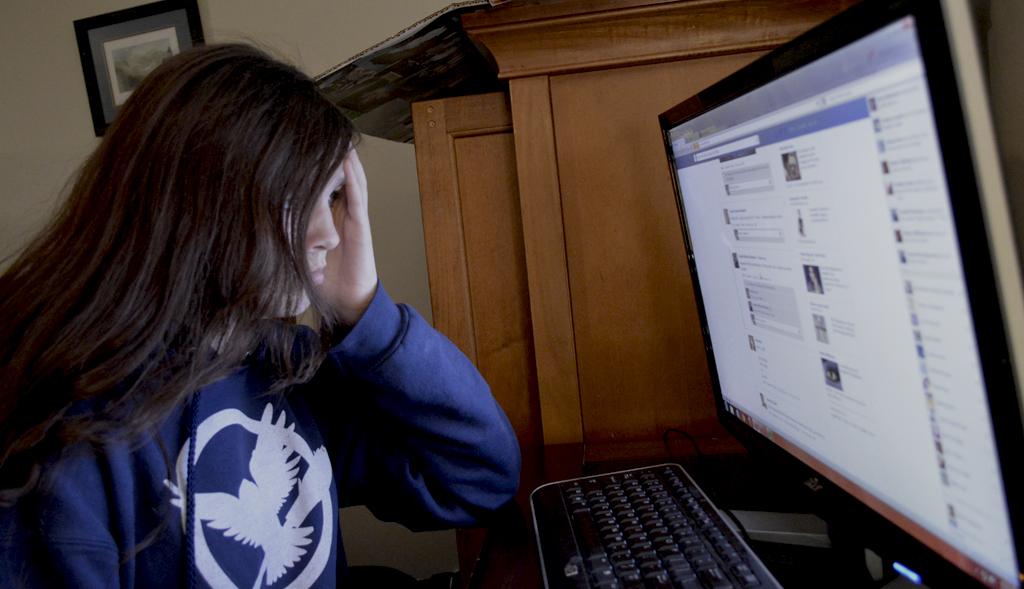Michigan Bill Plans to Introduce Cyberbullying in School Policies
Technology has become a huge part of modern life. One of the downsides is cyberbullying.
After a series of hazing and battering by high schoolers, eighth grader Matt Epling took his own life after his school did little to help him. Mike Epling – an anti-bullying advocate – began campaigning for new anti-bullying laws in honor of his late son, Matt. Last year, Michigan passed his new anti-bullying law, known as “Matt’s Safe School Law”, which requires schools, and school districts, to implement policies prohibiting bullying at school.
With the success of his campaign last year, Epling has worked with lawmakers in recently to push a bill that will introduce “cyberbullying” in anti-bullying policies. Many schools, however, already recognize the new epidemic of “cyberbullying” and have policies to combat it – including Adams – which places students on the step system for harassment or bullying through electronic communications.
“It’s part of your electronic communications agreement, there are also code of conduct violations” said Deputy Lake.
Although the administrators at Adams often discuss cyberbullying with the students, there currently is no definition or specific reference to cyberbullying in the Rochester Community Schools Code of Conduct. This new legislation, Bill 0074, was introduced back in June of 2013 and will amend Matt’s Safe School Law to require schools and districts to include cyberbullying as a form of bullying. Schools would be required to define cyberbullying in their policies.
The bill will also require schools to report bullying incidents, as they occur, to the Department of Education, while also insuring the confidentiality and anonymity of those who report the incidents. The Department of Education will be required to make reported information available to the public.
“Reporting bullying issues to the Departments of Education, in my mind, is overkill,” Adams Counselor Barry Freund says “I would think they have better things to do than become involved in discipline issues.”
Advocates for the bill believe the reported information may help the Department of Education determine where bullying hot-spots are within the state, so policies there can be tailored specifically for the area. School districts are also reluctant to recognize cyberbullying incidents unless they are absolutely required to. But unfortunately it may be too late by the time the school feels required to address these issues not described in their own code of conduct; the damage will already be done.
Although the bill is still making its way through the senate, it is planned to be in effect for the 2014-2015 school year.





